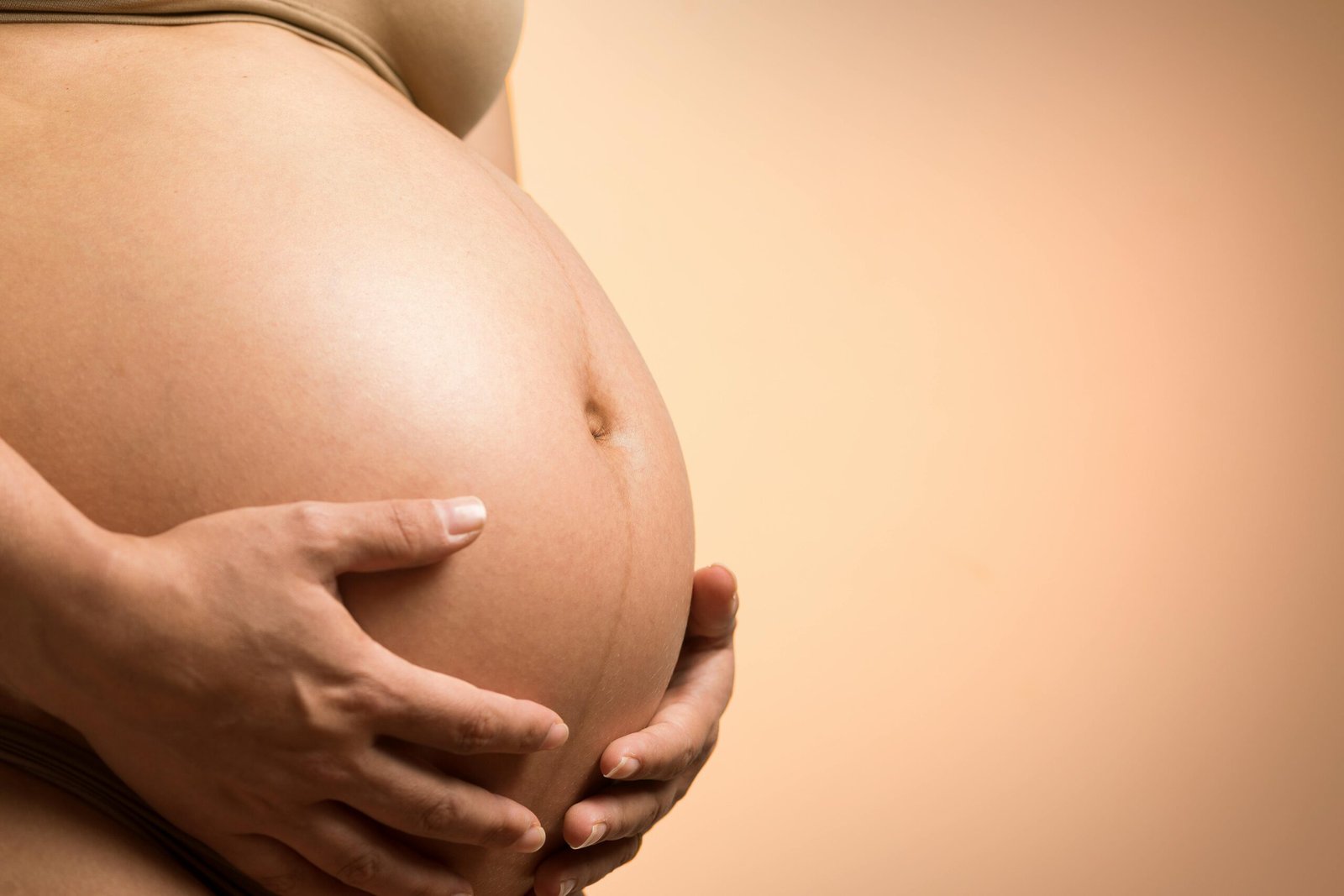Pregnancy and Acupuncture
Pregnancy: An Overview and Acupuncture Support
Pregnancy Timeline
- First Trimester (Weeks 1-12): Embryo implantation and organ formation; common symptoms include morning sickness, fatigue, and frequent urination.
- Second Trimester (Weeks 13-26): Significant fetal growth and increased maternal energy; symptoms include back pain and swelling.
- Third Trimester (Weeks 28-40): Continued fetal development; symptoms include shortness of breath, heartburn, and increased urination.
Common Symptoms
- First Trimester: Nausea, vomiting, tender breasts, fatigue, and frequent urination.
- Second Trimester: Increased appetite, back pain, swelling, and fetal movement.
- Third Trimester: Shortness of breath, heartburn, Braxton Hicks contractions, and frequent urination.
Essential Exams
- Ultrasounds: At 12 and 20 weeks to monitor fetal development.
- Blood Tests: To check for anemia, blood type, and infections.
- Glucose Screening: Between 24-28 weeks for gestational diabetes.
- Group B Strep Test: In the third trimester for bacterial infection.
Recommendations
- Nutrition: Balanced diet with fruits, vegetables, whole grains, protein, and healthy fats. Avoid raw or undercooked foods, high-mercury fish, and unpasteurized dairy.
- Prenatal Vitamins: Essential for fetal development. Follow the recommendations of your Health care provider.
- Hydration: Drink plenty of water.
- Exercise: Moderate activities like walking or prenatal yoga.
- Rest: Get adequate sleep.
- Avoid Harmful Substances: No alcohol, tobacco, or illicit drugs.
Advice
- Prenatal Care: Chose a healthcare provider to support you (midwife, doula, obstetrician). Attend all prenatal appointments.
- Education: Take prenatal classes to prepare for childbirth and parenting.
- Mental Health: Seek support if feeling overwhelmed.
- Prepare for Baby: Set up a nursery and gather necessary supplies.
- Birth Plan: Discuss with your healthcare provider.
Supporting Maternal Health
Acupuncture is a safe, natural, and effective therapy that can offer significant benefits during pregnancy. By using fine needles to stimulate specific points on the body, acupuncture helps to balance the flow of Qi (vital energy), alleviate common pregnancy-related symptoms, and promote overall well-being for both the mother and the baby.
Benefits of Acupuncture During Pregnancy
- Morning Sickness Relief:
- Acupuncture can help reduce nausea and vomiting, common in the first trimester.
- Specific acupuncture points are targeted to soothe the stomach and balance hormonal fluctuations.
- Pain Management:
- Acupuncture is effective in alleviating pregnancy-related aches and pains, including back pain, sciatica, and pelvic discomfort.
- It provides a natural alternative to medications, which many expectant mothers prefer to avoid.
- Emotional Well-being:
- Pregnancy can bring about significant emotional changes, including anxiety and mood swings.
- Acupuncture helps regulate emotions by calming the mind, reducing stress, and promoting relaxation.
- Improving Sleep:
- Many pregnant women experience insomnia or disrupted sleep.
- Acupuncture can enhance sleep quality by addressing underlying imbalances and promoting a restful night’s sleep.
- Digestive Health:
- Acupuncture supports digestive function, helping to alleviate issues such as heartburn, constipation, and bloating.
- It ensures that both mother and baby receive optimal nutrition through improved digestive efficiency.
- Labor Preparation:
- As the due date approaches, acupuncture can help prepare the body for labor.
- Breech baby: Acupuncture can help your baby stay in the correct position for birth. However, in our practice this procedure is carried out up to a maximum of 36/37 weeks of pregnancy. After that, there may be risks such as little space for the baby to move, the possibility of wrapping the umbilical cord around the neck…
- Treatments can encourage cervical ripening, reduce the need for medical interventions, and promote a smoother delivery process. It takes around 4 weeks for the cervix to mature, so it is a slow process.
- Acupuncture can induce labor, however, to induce labor, cervical maturation and the correct position of the baby are necessary, that is, if, for example, the baby is NOT in the correct position and does NOT have cervical maturity at 41 weeks, our practitioner will NOT induce labor.
- Postpartum Recovery:
- Acupuncture aids in the postpartum recovery process by replenishing energy, supporting lactation, and balancing emotions.
- It can also help address postpartum depression and anxiety.
- TCM recommends after child birth: Acupuncture 2 weeks after vaginal birth and 3 weeks after c-section. Breast feeding only 12 months. Rest and avoid sexual intercourse. No lifting heavy objects. Use of Abdominal binding: day 2 after vaginal birth, day 6 after C-Section . Avoid cold drafts, drinking cold food and cold water. Only shower, no bath and no washing hair. If possible use dry shampoo.
Safety and Considerations
- Qualified Practitioners: It is essential to seek treatment from a licensed acupuncturist with experience in treating pregnant women.
- Personalized Care: Each acupuncture session is tailored to the individual’s unique needs and the specific stage of pregnancy.
- Minimal Side Effects: Acupuncture is generally safe with few side effects, making it an excellent option for those seeking natural treatments during pregnancy.
Conclusion
Acupuncture offers a holistic approach to supporting maternal health throughout pregnancy. By addressing physical discomforts, emotional well-being, and preparing for labor, acupuncture provides a comprehensive support system for expectant mothers. If you’re considering acupuncture during your pregnancy, consult with a qualified practitioner to ensure a safe and beneficial experience.
